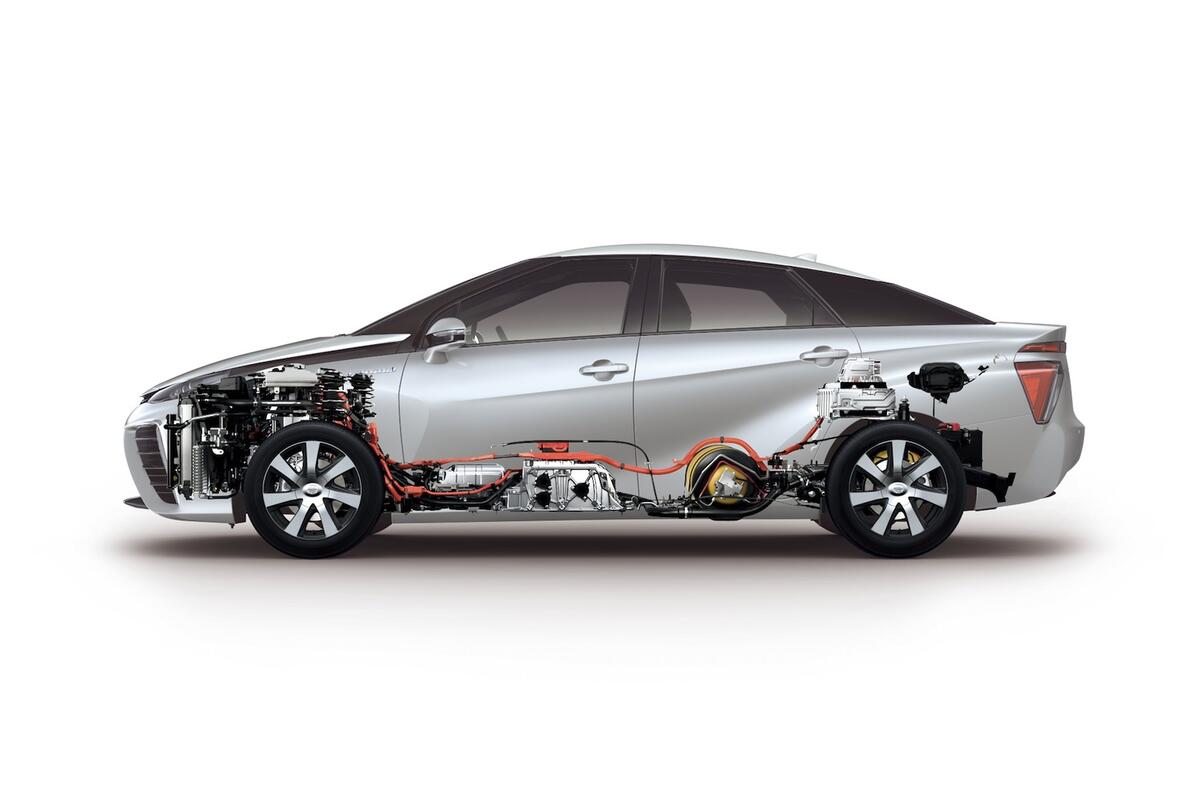The development costs of many major league engineering projects have long been beyond the capabilities of single companies. Aeroplanes are a good example.
Today, Airbus products are a co-operative venture involving France, Spain, Germany and the UK. The last all-British military aeroplane was probably the Hawker Siddeley Hawk, which took to the skies in 1974.
Subsequent military aircraft – such as the 1970s SEPECAT Jaguar and Panavia Tornado – were designed and built by a consortium of nations. Even the mighty US economy is sagging at the bill for the new F-35 Joint Strike Fighter, which could come in at a staggering £263bn over the whole life of the programme.
The auto industry isn’t quite at the point of needing such massive transnational co-operation or mega-orders from government, but it is also reaching a critical point in terms of development costs as global governments demand the ‘greening’ of the car industry.
It is possible, of course, for a single healthy company to lead the way in a new technology, as Toyota did with hybrid drivetrains. But what happens when it is not clear which new eco technology to invest in?
Probably the most famous technological consumer durable face-off was between two video recorder systems: VHS and Betamax. But there have been plenty of other technological dead-ends. Video discs died a death and Sony’s digital recording medium Mini Discs came and went, as did other forms of recording.
The key is for an entire industry to head in the same direction with a well worked out solution, while preventing many different technologies from emerging which bleed companies dry. It means co-operation before competition.
There have been some big successes in recent times. USB sockets, JPG digital photo files, PDFs, CD and DVD formats, MP3 music files and MP4 video files have been well established.
In July last year Tesla started the great patent giveaway. Elon Musk said: “We believe that Tesla, other companies making electric cars, and the world would all benefit from a common, rapidly evolving technology platform. We believe that applying the open source philosophy to our patents will strengthen rather than diminish Tesla’s position in this regard.”
But this week heralded arguably the most far-reaching attempt to encourage a whole industry to move in step when Toyota announced that more than 5600 patents related to fuel cell technology can be used royalty-free by other car makers and companies involved in hydrogen technology.
It’s a remarkable offer and probably the first one like it in the automotive world since Volvo allowed everyone to clone the three-point seatbelt. But adopting fuel cell technology and rolling out a refuelling network is a challenge of a far greater order than a new type of seatbelt or recording medium.




Join the debate
Add your comment
Where's the electricity going to come from?
Erroneous Analogy - Fuel Cell vs Electric (Battery)
My opinion for what it is worth is as follows:-
1. Pure electric Vehicles (Leaf / I3 & Tesla are more suited for Urban use (in moderate climates)
2. Fuel Cell are more suited to long intercontinetal journeys & climates where auxillary energy is "life supporting" (I would hate to run out of Battery Power in Temperatures of -20⁰C to -30⁰C which prevailed in my city last week)
Infrastructure is not as significant an issue as many believe. My business is Renewable Energy & the Power Plants providing "Intermittent Energy" (Wind & Solar) - would be best used to generate Hydrogen at Each Refuelling station. This means Zero delivery requirement for Fuel as it is produced on site.
There was a more interesting